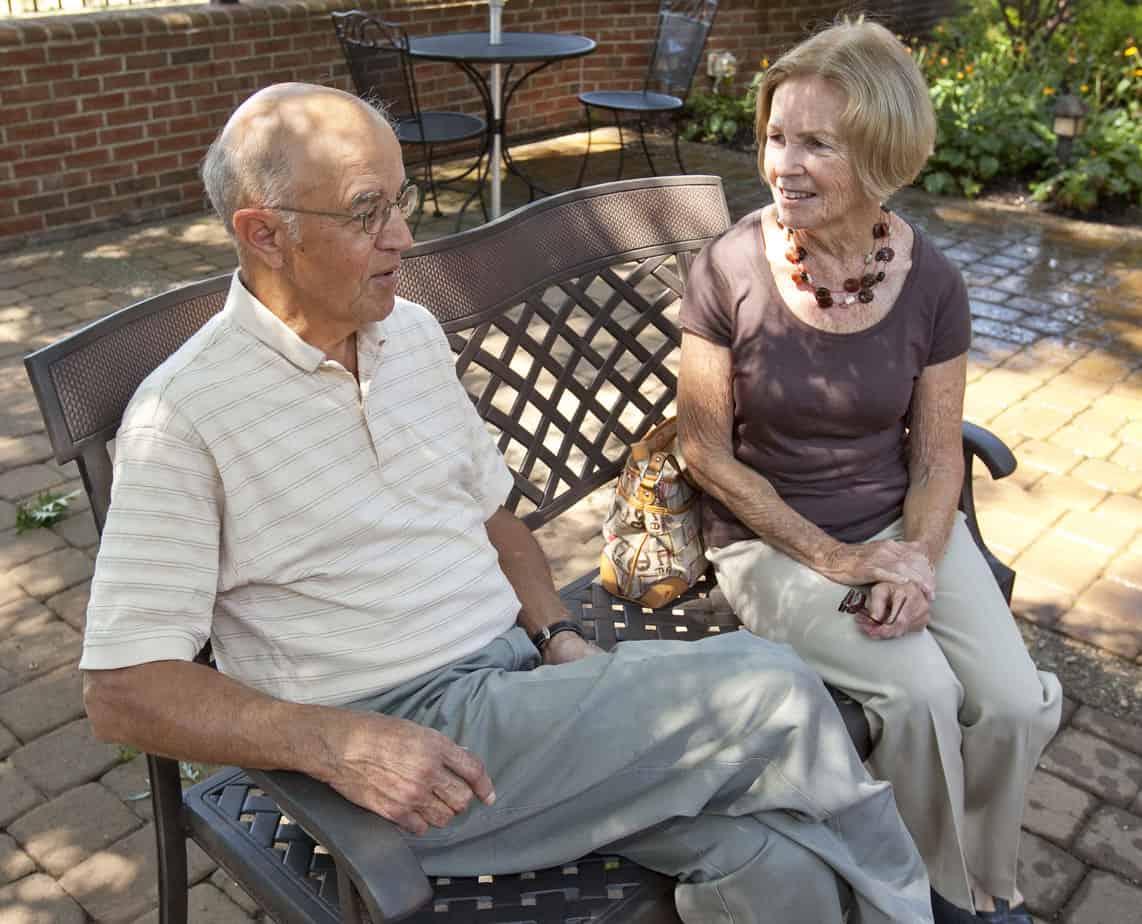By Steve Frohman
It’s no surprise that prostate cancer comes with its host of challenges, but we most commonly associate these with the physical, not the emotional. But the entire process – from the diagnosis, to the treatment, and even after it has been cleared – can severely impact a man’s mentality.
To date most research has been devoted to the physical side of prostate cancer and potential side-effects of treatment. And unfortunately little exists about the emotional distress and how to properly cope with prostate cancer. Yet, these emotions – sadness, fear, anger, depression, anxiety, loss of confidence – can be stifling, potentially affecting your work, relationships, energy level, and overall wellbeing.
The most common culprits of these emotions include loss of libido, decreased sexual activity, erectile difficulty and urinary incontinence. What’s more troubling is depression can sneak up in many different ways including appetite (decrease or increase), sleep patterns, sex drive, mood and behavior, memory, and concentration, to name a few. How do you move beyond these emotions, and live a thriving life after prostate cancer?
There is not a one-size-fits-all remedy. It will likely come from a combination of approaches and resources, traditional and non-traditional, which may include psychology, chiropractic, hypnotherapy, naturopathic physician care, meditation or massage, and the list can go on. It’s about finding what is right for you and your partner. Avoidance is never the solution. Some other tips for moving through the difficult emotions include:
- Talk – talk to your significant other about the disease and how one another are feeling. This will be one of the toughest steps for most couples, but it is one of the most important. The longer these issues go untouched the more they impact your life and your relationships.
- Get active – get involved in group sports and leisure activities, or get moving on your own.
- Eat healthy – a diet rich in essential nutrients – vitamins, amino acids, proteins – can significantly impact your outlook and energy level.
- Seek support – connect with other men who have survived prostate cancer or are currently battling the disease. There are a number of organizations that provide support groups for men with prostate cancer.
- Accept the recovery process – keep in mind that recovery takes time. Restoring potency after prostate cancer treatment is a part of that process.
Bottom line – keep talking to your partner, someone significant in your life, or seek the support of a group, they will become your greatest allies in this process
Steve Frohman is a prostate cancer survivor living in Scottsdale, Arizona. He and his wife, Cindie Hubiak, co-founded Solutions for Intimacy to provide couples with the tools, resources and knowledge to live a sexually fulfilling life after prostate cancer. Learn more at www.solutionsforintimacy.com; visit their YouTube Channel, or like them on Facebook).







